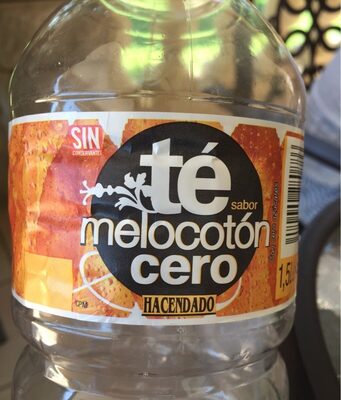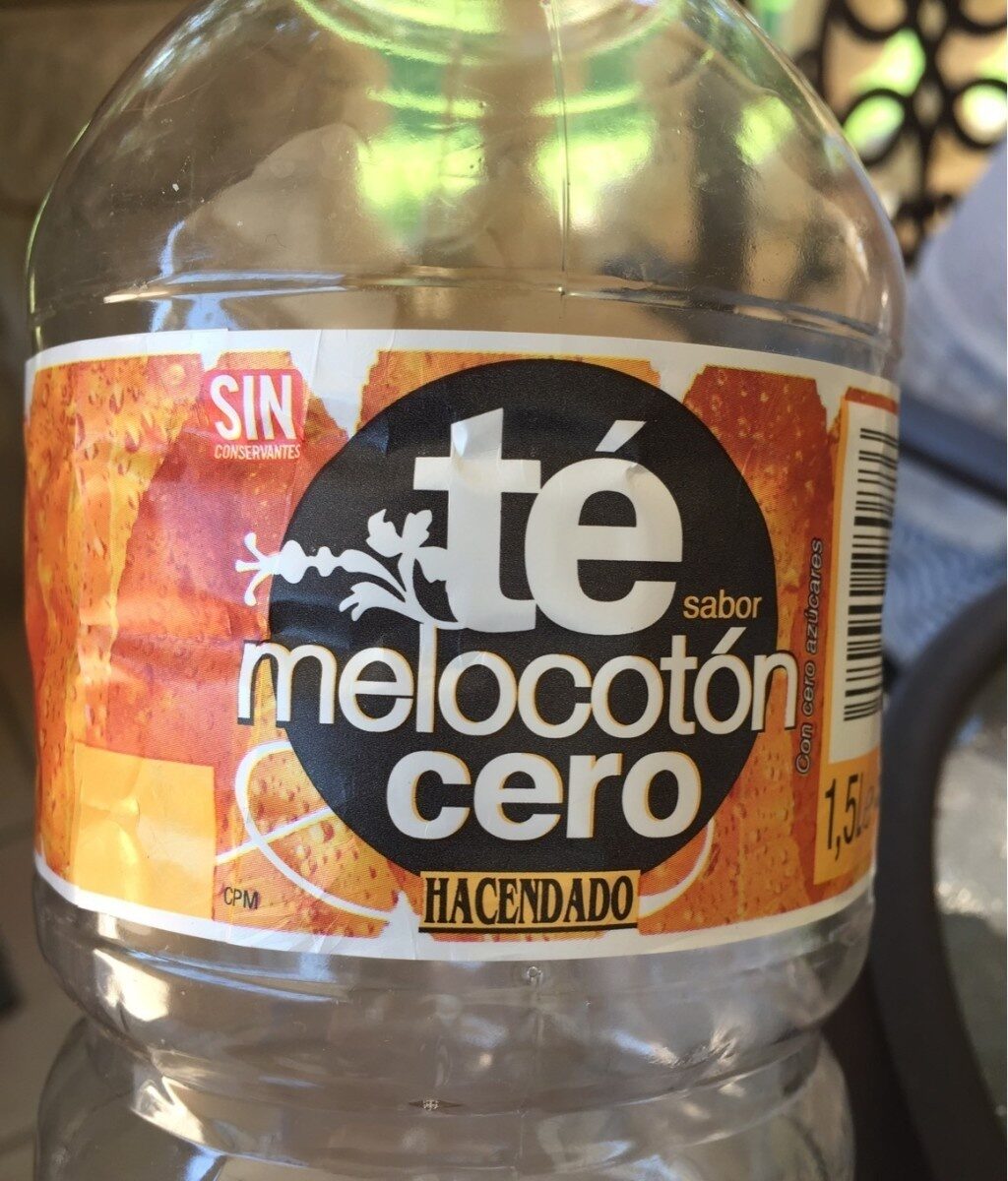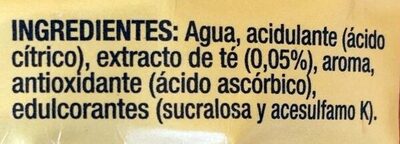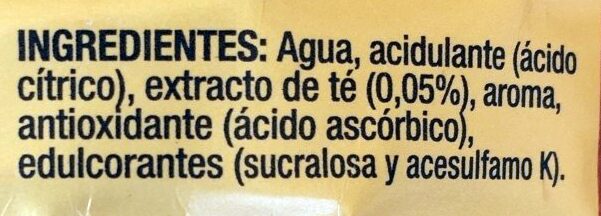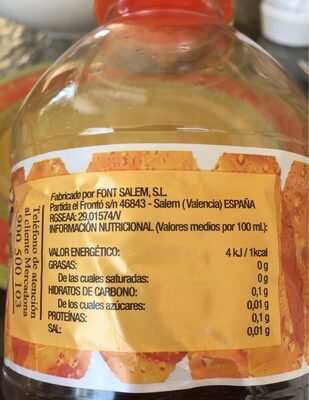Té melocotón cero - Hacendado - 1,5 l
Aquesta pàgina del producte no està completa. Podeu ajudar a completar-la editant-la i afegint-hi més dades a partir de les fotos ja disponibles, o fent-ne més amb l'aplicació de androide o iPhone / iPad. Gràcies!
×
Codi de barres: 8480000280886 (EAN / EAN-13)
Nom comú: Bebida refrescante de extractos con edulcorantes, sabor melocotón
Quantitat: 1,5 l
Empaquetament: Plàstic, en:pet-polyethylene-terephthalate, es:Green dot
Marques: Hacendado
Categories: Aliments i begudes amb base vegetal, Begudes, Begudes calentes, Begudes amb base vegetal, Tè, en:Tea-based beverages, Te gelat, en:Peach flavored iced teas
Etiquetes, certificacions, premis:
Sense o baix en sucre, Sense conservants, Punt verd, Sense sucre, Amb edulcorants
Botigues: Mercadona, Hacendado
Països on es va vendre: Espanya
Matching with your preferences
Entorn
Petjada de carboni
Empaquetament
Transport
Report a problem
Fonts de dades
Producte afegit per kiliweb
Última modificació de la pàgina del producte per scarpapazza.
La pàgina del producte, també editada per alia, ecoscore-impact-estimator, elcoco, inf, ivorydolll, meeer25, openfoodfacts-contributors, packbot, roboto-app, tacite-mass-editor, teolemon, yuka.WVA4YkhKZ2pqTk1zeThVdnppclQ0c2wveUphMEFWcXNPK0FlSWc9PQ, yuka.WnFOWkhyOEs5cWtzaHRoaDhoemZ3UFZvbWJHbFlrbTFFK2d3SVE9PQ, yuka.sY2b0xO6T85zoF3NwEKvlkteC-fUkmvNaQzktxLV98nXFJDCfo1VwZrLLKs.
